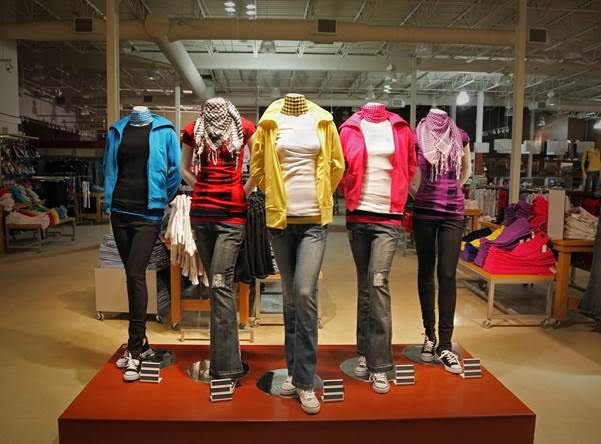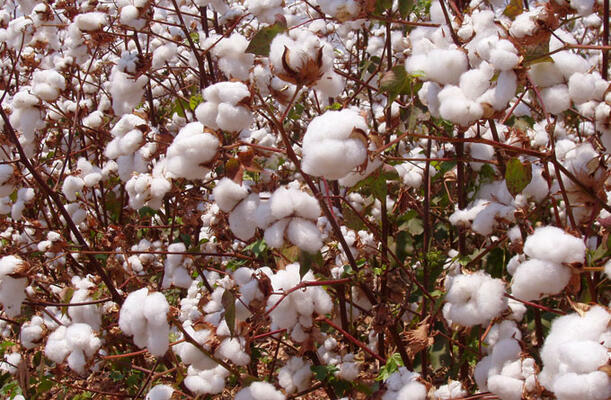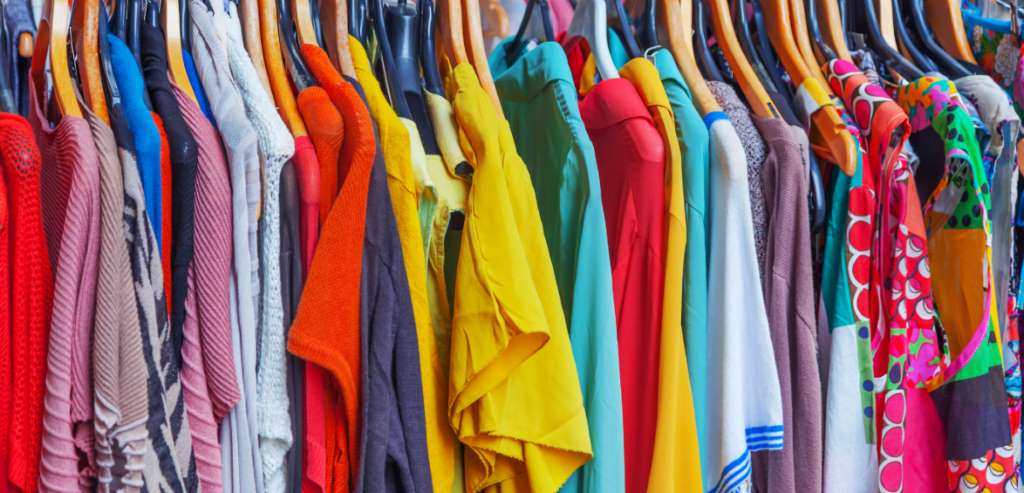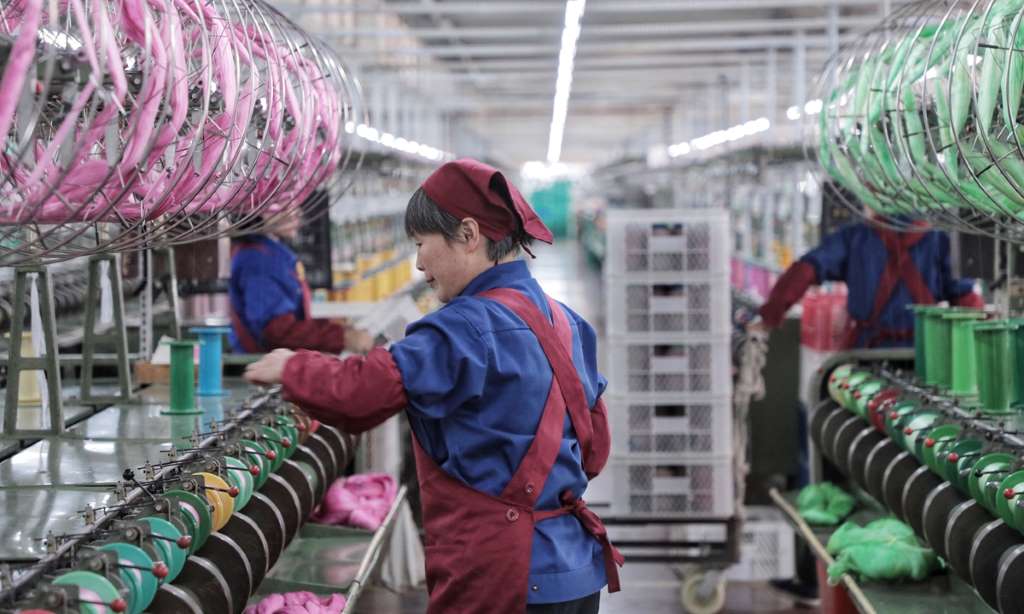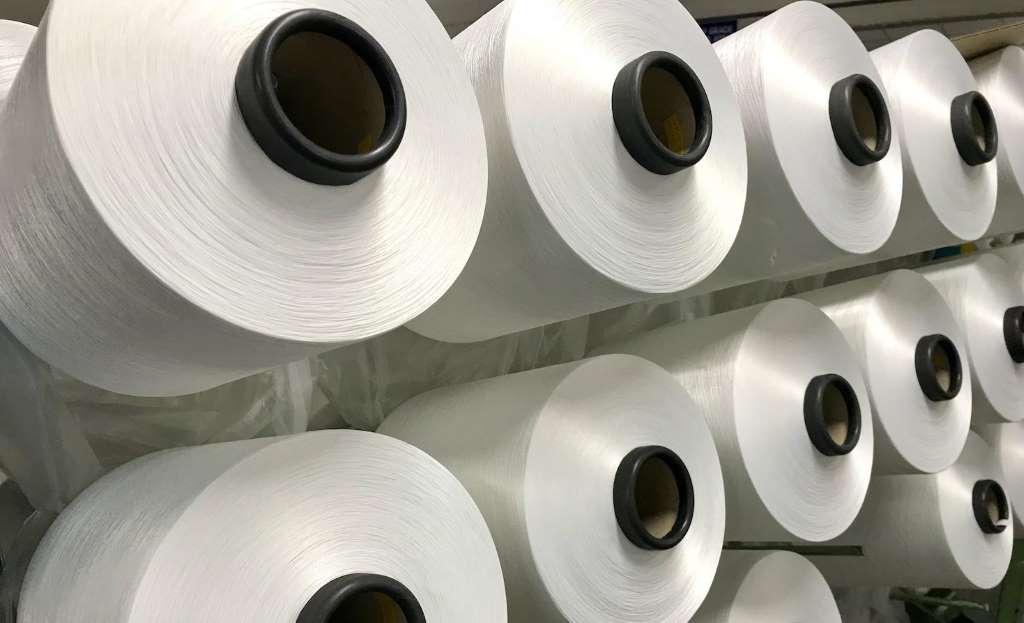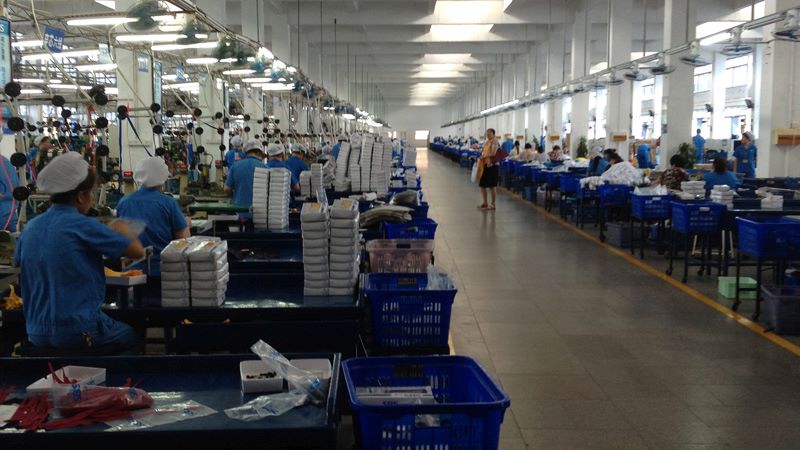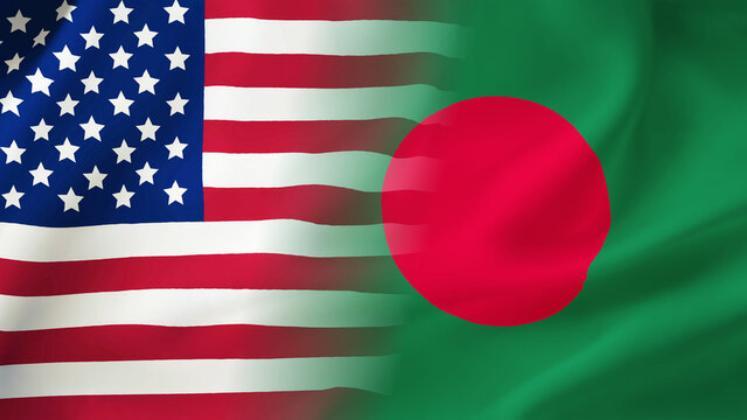Though Myanmar’s garment exports make up around 10 per cent of the country’s export revenues, this strong growth is at risk due to several factors. The country is yet to develop an efficient legal and institutional framework to establish sound labor market governance. There are limited opportunities for women already working in the sector to learn new skills or to seek a promotion. Factories generally lack formal policies and processes to effectively identify and address workplace harassment and abuse. There are concerns about abuse from managers, limited toilet breaks and unbearably hot working conditions. Though trade unions have the right to organise strikes in Myanmar, heavy handed tactics to deal with protests have painted the garment industry in a negative light. The European Union’s potential withdrawal of its Everything But Arms trade preference scheme has cast an even bigger shadow over the industry, especially with 60 per cent of Myanmar’s garment exports heading to the EU. Concerns about labor rights have led the EU to review Myanmar’s access to the European market.
Still, Myanmar’s garment industry has cemented itself as an important engine of sustainable development. With minimum wages lower than those of China, Cambodia and Vietnam, Myanmar has attracted orders from international retailers.
Abuses damp Myanmar’s record
- 1
- 2
- 3
- 4
- 5
- 6
- 7
- 8
- 9
- 10
Dynamic growth and evolution of the women’s apparel market
The Women’s Apparel market stands as a dynamic force within the global fashion industry, embracing a plethora of clothing and... Read more
Bangladesh shifts cotton sourcing from India to Africa, as it impact global cott…
Bangladesh, the world's second-largest garment exporter after China, is undergoing a significant shift in its cotton import strategy. Traditionally, India... Read more
Global Apparel Trade Slowdown: Waning consumer demand paints bleak economic pict…
Wazir Advisors April 2024 report on global apparel trade paints a worrying picture, with major markets like the US, EU,... Read more
China's fabric exports to India shrink with rising domestic demand
While China remains the world's leading textile producer, its grip on India's fabric import market appears to be loosening. Data... Read more
Levi's makes big bet on DTC sales, embraces baggy denim trend
Levi Strauss & Co. (Levi's) is experiencing a positive shift in its business strategy, with a strong focus on direct-to-consumer... Read more
Fashion InStyle, Home InStyle showcase lifestyle trends and sustainability effor…
The Hong Kong Trade Development Council (HKTDC) is hosting a week-long extravaganza of lifestyle products and creative industries, featuring two... Read more
Shenzhen Underwear Fair (SIUF) Wraps Up Showcasing Expanding Focus: Beyond linge…
The 2024 China (Shenzhen) International Brand Underwear Fair (SIUF) concluded yesterday, April 21st, marking the end of a three-day event... Read more
H&M's shift from recycled bottle polyester and what it means for circular fa…
In a significant move Swedish fashion giant H&M has recently moved away from recycled polyester derived from plastic bottles and... Read more
China's apparel and textile industry defies expectations with Q1 growth boom
China's economic performance in the first quarter of 2024 surprised many exceeding expectations with a 5.3 per cent GDP growth.... Read more
US trade bodies fight against proposed higher tariffs on garments
The US International Trade Commission (USITC) is considering raising tariffs on apparel imports from Bangladesh, India, Indonesia, Cambodia, and Pakistan.... Read more

